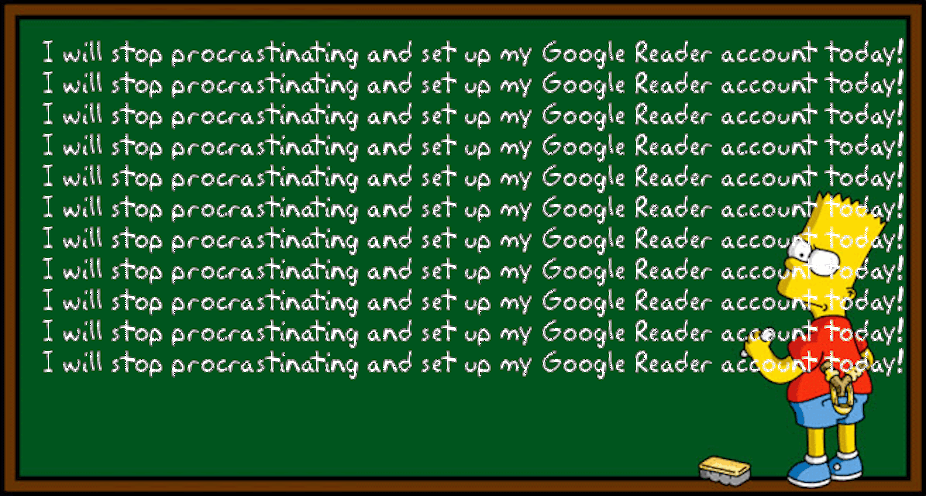Google announced today it will close its Google Reader service.
Citing a declining number of users owing to the downturn in popularity of RSS (Really Simple Syndication) feeds, Google Reader - which offers users a way to keep up with their favourite websites in one place in a format resembling a standard email inbox - will shut up shop on July 1.
Spring-cleaning
Since taking over from Eric Schmidt as Google’s CEO in April 2011, one of Larry Page’s initiatives has been to curb the excessive number of Googles’ products to re-focus the energies of the company’s engineers.
This has been carried out through a regular process, dubbed “spring-cleaning”, that started in September 2011.
The current round of spring-cleaning has claimed the much-loved Google Reader (which has been used since 2005) as its most prominent victim.
During their lifespan, products such as Reader and its ilk have periodically downloaded RSS feeds and displayed them to the user in a browser. But Reader went beyond its competitors (such as Bloglines and Feedly) in offering a user the ability to follow other users, to broadcast a particular item in a feed to his or her followers, to “tag” and classify items, and to comment on items.
In effect, this created a simple social network built around website updates. With the debut of Google’s social network, Google+, in 2011, the social networking features of Reader were merged with that of Google+.
Feeding the beast
Websites publish updates through lists called “feeds” using standardised protocols such as the RSS and Atom specifications.
RSS feeds allow viewers to keep up with websites without having to visit them at all – but this means a loss of page-views that are essential for generating the advertising turnover of the website owner.
Website owners were also unable to keep track of the people following them using RSS. Crucially, while RSS offered the ability to insert ads into the feed, it never became a viable revenue channel for the content owners.
In recent years, social networking companies such as Twitter and Facebook have lured content owners with the ability to track their content, focusing it for select audiences and monetising it through ads.
As participation in social networks has increased, the use of RSS has declined.
This has led commentators to describe the retirement of Reader as a death blow to RSS. RSS and Atom are seen as exemplars of the “open web platform” where any device, armed with software implementing open standards, is able to publish and consume content on the web without restrictions.
Canaries
They are now the canaries in the coal mine of web content that is increasingly being corralled behind walled gardens of social networks and smartphone apps, carefully curated by gatekeepers who determine its visibility.
Does this mean the open web is now dead? While it may seem so, there seems to be a widening movement of web users against the walls rising around the web.
Facebook has recently seen its market share decline, particularly among younger users.
Twitter recently invited oppobrium with its arbitrary actions of limiting access to its content by non-Twitter applications.
App stores are facing [declining market share](http://www.prlog.org/11518758-can-apple-slow-down-decline-of-app-store-market-share.html](http://www.prlog.org/11518758-can-apple-slow-down-decline-of-app-store-market-share.html) and are combating the presence of malware and loss of user data.
So, whatever the fate of RSS, there is hope for open sharing of content on the web.

